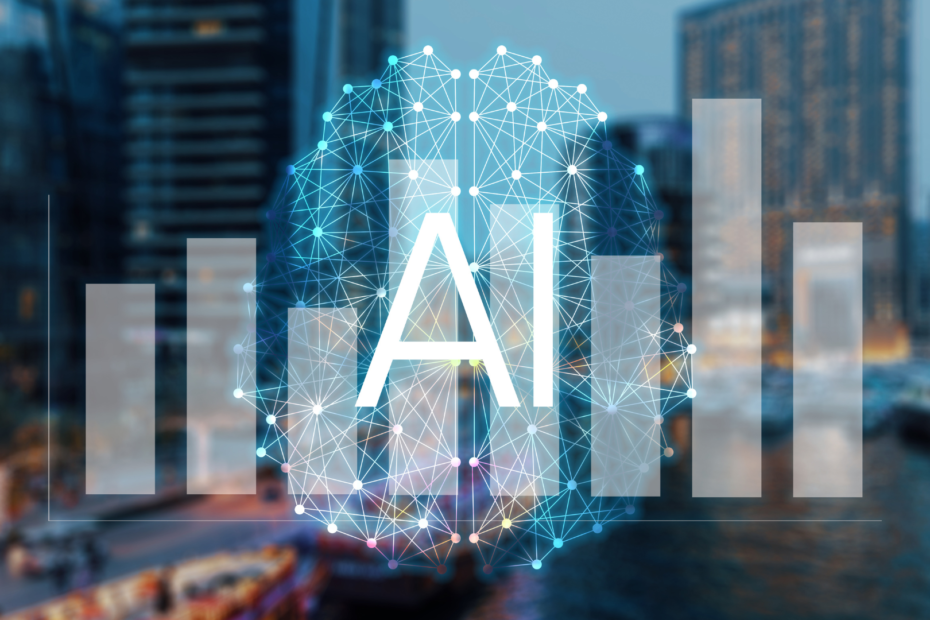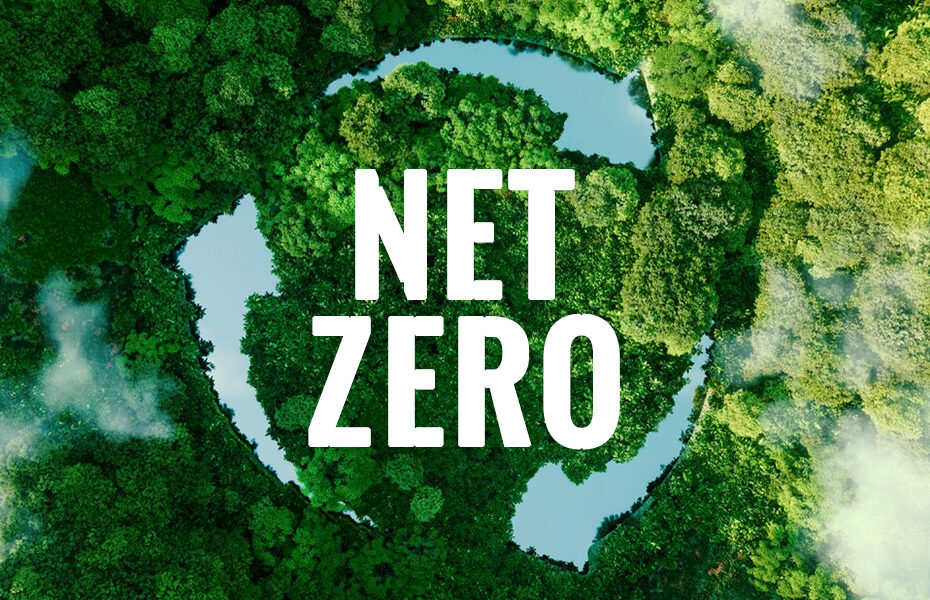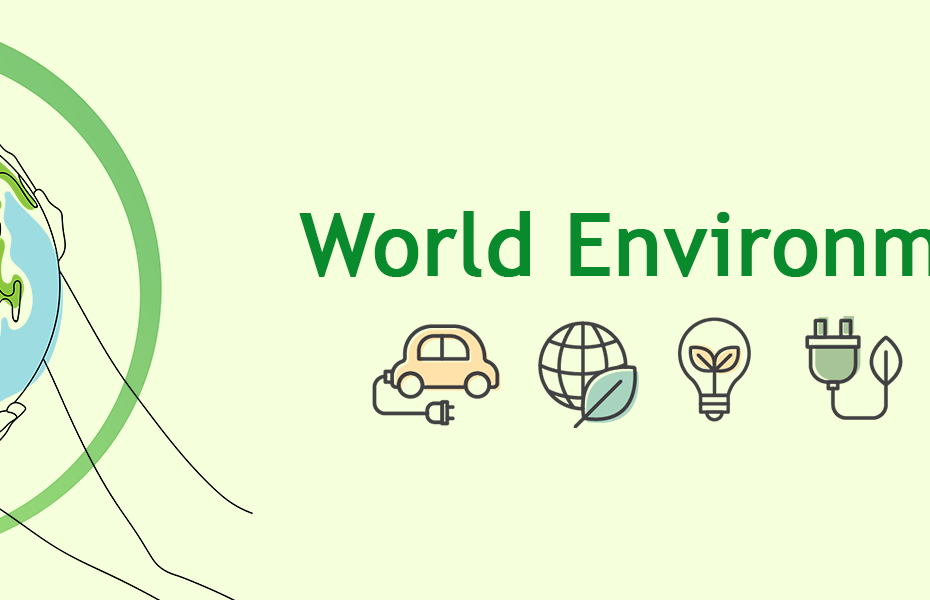Behind the Tech: The Innovations Powering Amplo Global’s Solutions
In the dynamic world of sustainable business solutions, Amplo Global has carved a niche by offering unparalleled services that seamlessly blend technology with strategy and… Read More »Behind the Tech: The Innovations Powering Amplo Global’s Solutions


















